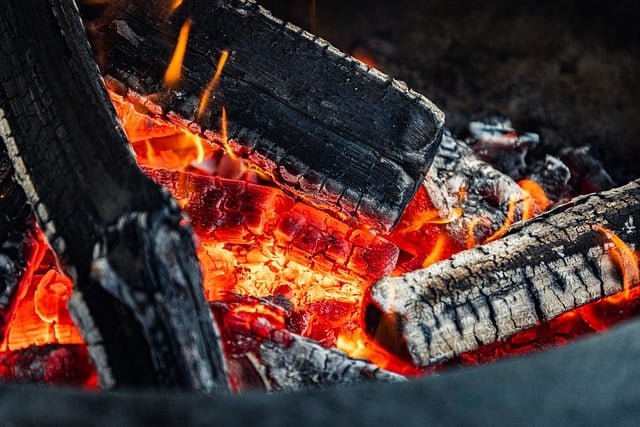Firewood: A Traditional Heating Source for Modern Homes
Firewood has been a fundamental source of heat and comfort for humans since ancient times. Even in today's world of advanced heating technologies, many homeowners continue to rely on firewood as a primary or supplementary heat source. This natural, renewable fuel offers a unique combination of practicality, ambiance, and connection to nature that modern heating systems often lack.

-
Tree selection and felling
-
Cutting the trunk and large branches into manageable lengths
-
Splitting the wood into appropriate sizes for burning
-
Seasoning or drying the wood to reduce moisture content
The type of wood used for firewood can vary depending on local availability and personal preference. Hardwoods like oak, maple, and hickory are often prized for their long burn times and high heat output, while softwoods such as pine can be useful for quick-starting fires[1].
What are the benefits of using firewood for home heating?
Using firewood as a heating source offers several advantages for homeowners:
-
Cost-effectiveness: In many areas, firewood can be a more affordable heating option compared to electricity, natural gas, or heating oil.
-
Energy independence: Firewood allows homeowners to heat their homes even during power outages or fuel shortages.
-
Renewable resource: When sourced responsibly, firewood is a sustainable and carbon-neutral fuel option.
-
Ambiance and comfort: The crackling sound and warm glow of a wood fire create a cozy atmosphere that many find appealing.
-
Cooking versatility: Wood-burning stoves can double as cooking appliances, especially during emergencies.
How does firewood compare to other heating methods?
While firewood offers unique benefits, it’s important to consider how it compares to other heating methods:
| Heating Method | Efficiency | Initial Cost | Ongoing Cost | Maintenance |
|---|---|---|---|---|
| Firewood | 60-80% | Low-Medium | Low-Medium | High |
| Natural Gas | 80-95% | Medium-High | Low-Medium | Low |
| Electric | 95-100% | Low-Medium | High | Low |
| Heat Pump | 200-300% | High | Low-Medium | Medium |
| Oil | 80-90% | Medium-High | High | Medium |
Prices, rates, or cost estimates mentioned in this article are based on the latest available information but may change over time. Independent research is advised before making financial decisions.
It’s worth noting that the efficiency and cost-effectiveness of firewood can vary significantly depending on factors such as wood quality, storage methods, and the type of wood-burning appliance used[2].
What safety considerations are important when using firewood?
While firewood can be an excellent heating source, it’s crucial to prioritize safety:
-
Proper installation and maintenance of wood-burning appliances
-
Regular chimney cleaning to prevent creosote buildup
-
Use of properly seasoned wood to reduce smoke and creosote production
-
Installation of carbon monoxide and smoke detectors
-
Safe storage of firewood away from the home to prevent pest infestations
-
Proper disposal of ashes in metal containers
Additionally, it’s important to check local regulations regarding wood burning, as some areas have restrictions due to air quality concerns[3].
How can homeowners ensure a sustainable supply of firewood?
For those committed to using firewood as a long-term heating solution, ensuring a sustainable supply is crucial:
-
Source wood locally to reduce transportation emissions
-
Practice responsible tree harvesting or purchase from certified sustainable suppliers
-
Consider planting fast-growing tree species for future firewood needs
-
Properly season and store wood to maximize efficiency and reduce waste
-
Use efficient wood-burning appliances to minimize consumption
-
Explore community wood banks or cooperatives for shared resources
By adopting these practices, homeowners can enjoy the benefits of firewood heating while minimizing environmental impact.
Firewood remains a viable and attractive heating option for many homeowners, offering a blend of tradition, practicality, and connection to nature. While it requires more hands-on management compared to modern heating systems, the unique benefits of wood heat continue to appeal to those seeking an alternative or supplementary heating source. As with any heating method, careful consideration of factors such as cost, efficiency, safety, and environmental impact is essential when deciding whether firewood is the right choice for a particular home and lifestyle.






